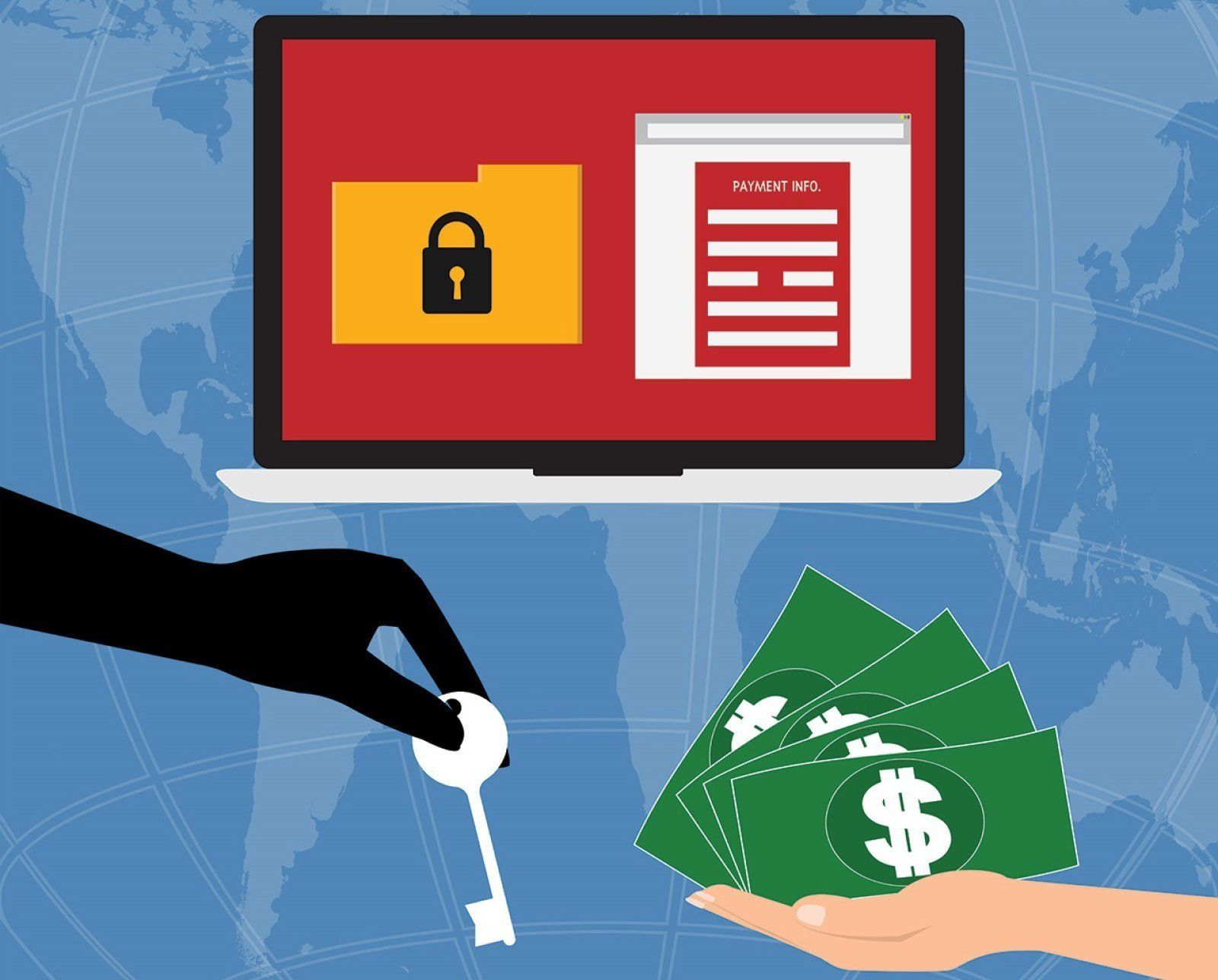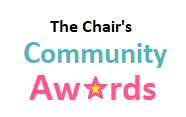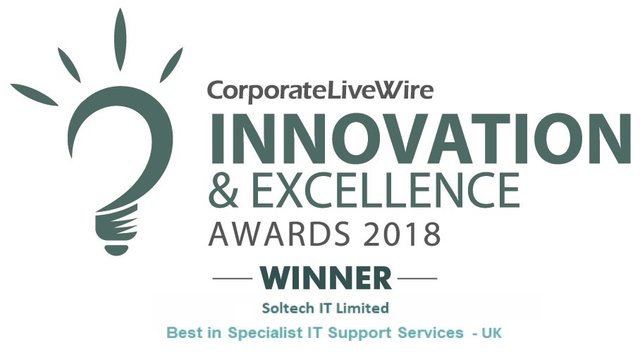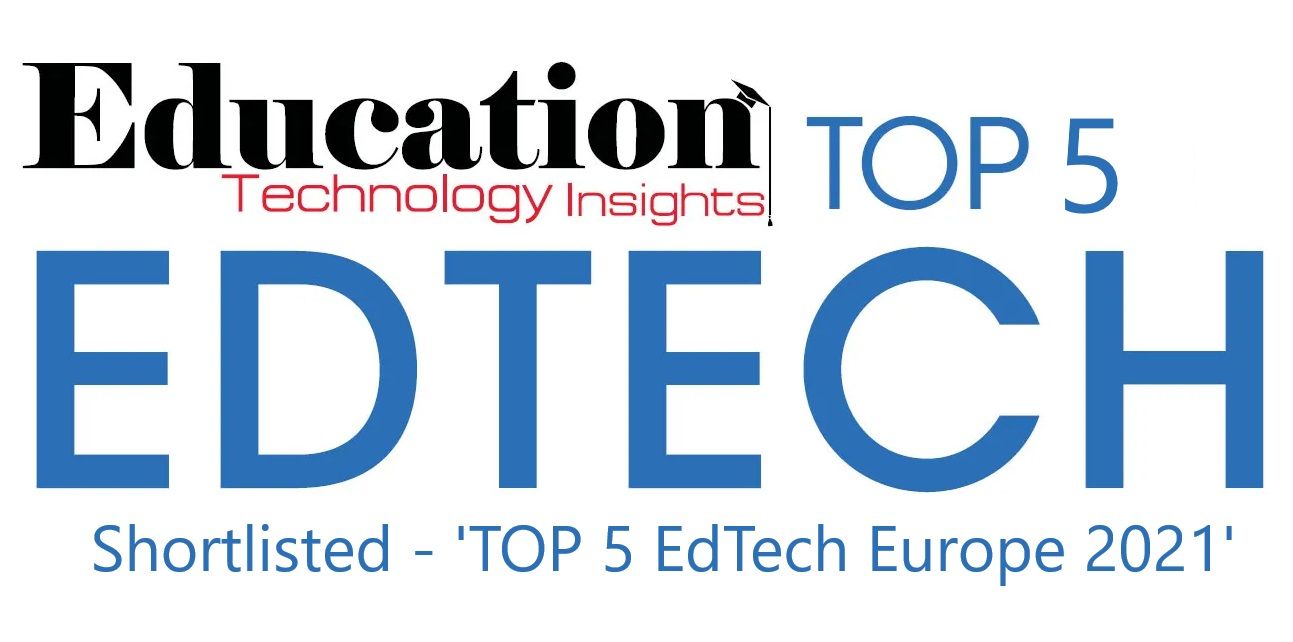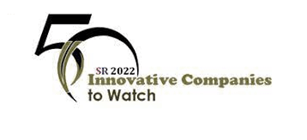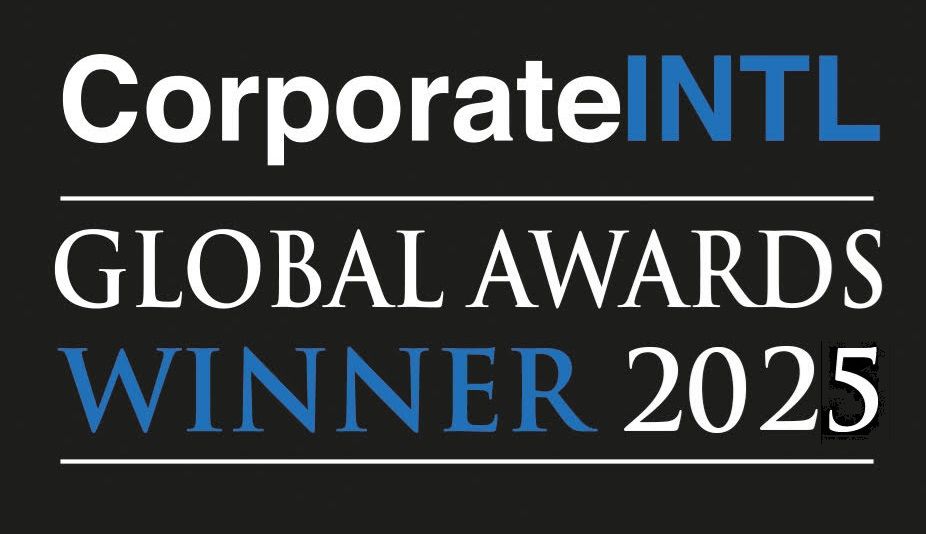Google study warns 'Ransomware is here to stay'
Six Schools Receive 75" and 65" Promethean Touchscreen Donations from Soltech IT Ltd

Pictured Donated 75" Promethean Touchscreen Install at St Peter's Primary School in Bishopsworth.
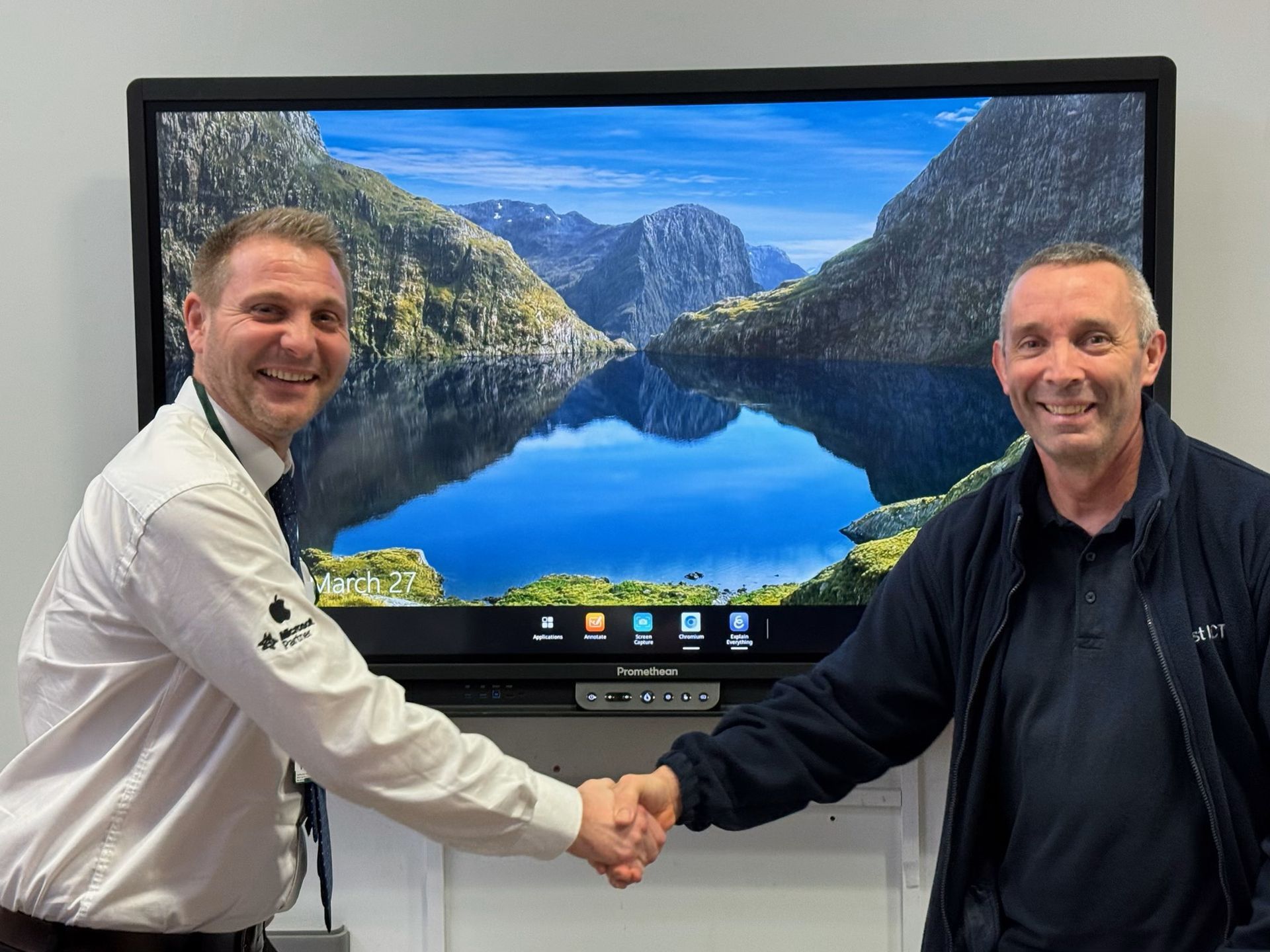
Pictured Gareth Jones of Soltech IT handing over a 75" Promethean Touchscreen to Fosse Way Schools IT Team
2025 will see Soltech IT continue to donate IT equipment to school's throughout the Southwest as part of our 'Giving Back To Schools' donation campaign.
We were delighted to be able to donate more than £15,000 of 65" and 75" Promethean ActivPanel Touchscreens to six local schools and MAT's.
Gareth Jones, commented "As a business it's great to be able to give something back to schools, be they a customer or not. Our most recent donations have helped transform the learning environments of pupils which is something we are very proud of."
These most recent donations have not only included a 65" or 75" Promethean ActivPanel Touchscreen, the schools have also received WiFi module upgrades, Android functionality, wall mounting brackets and relevant cables, plus delivery, removal / WEEE disposal of old equipment, installation and training, all as part of Soltech IT's donation.
That's around a £3,000 donation at each school or MAT.
Recent Google research has suggested that in the past two years, $25 million (£19m) has been made by cyber-thieves from ransomware, with the majority of money made in 2016, when gangs realised how lucrative it could be.
As discussed in past posts, Ransomware is a 'malicious software that infects a machine and then encrypts or scrambles files so they can no longer be used or read.'
Once these files are encrypted it can be very difficult to get them back. The cyber-thieves state they will only decrypt the files if the victim pays a ransom, however, this is often not the case, despite payment.
Google's Elie Bursztein, who carried out the study along with Kylie McRoberts and Luca Invernizzi, stated, "It's become a very, very profitable market and is here to stay." The study involved Google creating thousands of virtual victims of ransomware to expose how the payment flow worked and to which malware types. Several methods were used to work out how cash flowed to the ransomware creators including seeking out the files used to infect machines to run on thousands of virtual machines to create "synthetic victims". They could monitor where this money would be transferred, highlighting 34 variants of ransomware, with them becoming increasingly popular.
Mr Bursztein added, "It's no longer a game reserved for tech-savvy criminals, it's for almost anyone."
For the more details and further results on the Google study visit the BBC site.
If you're worried about your Ransomware protection plan and would like advice on cyber security please don't hesitate to get in touch.

